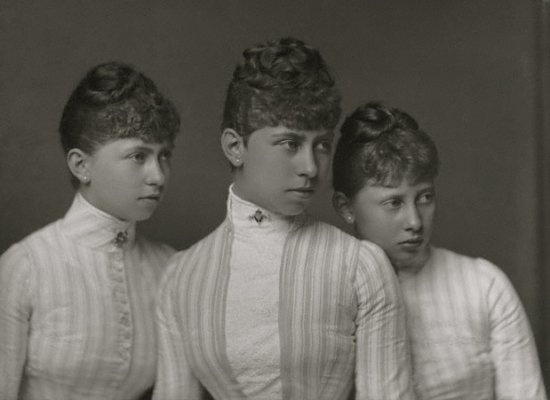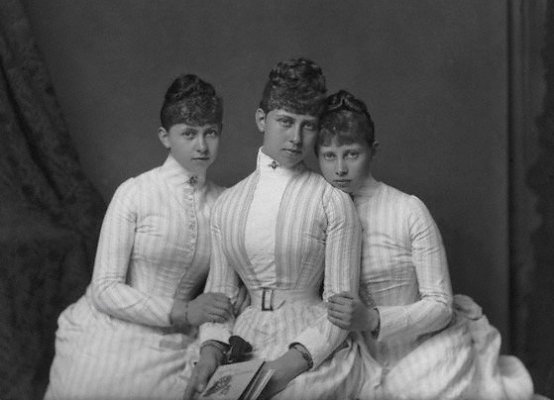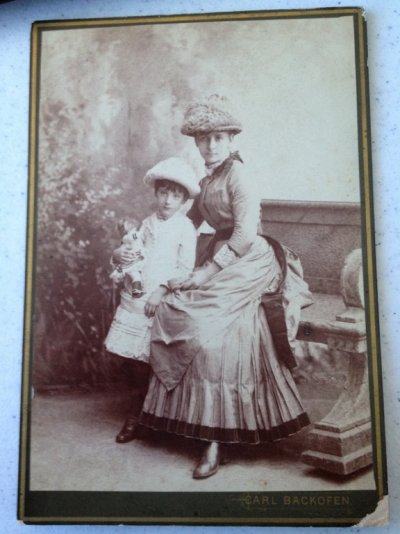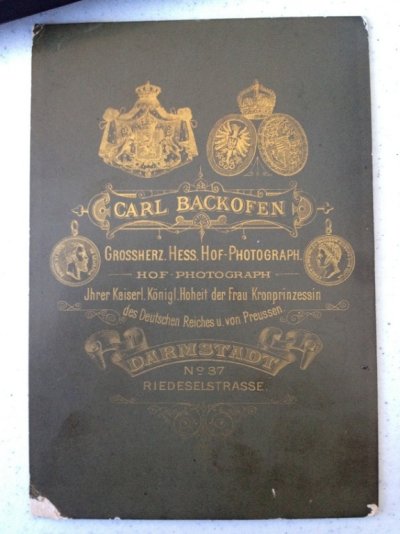- Joined
- Aug 13, 2004
- Messages
- 27,113
- City
- São Paulo
- Country
- Brazil
Friedrich III Wilhelm Nikolaus Karl, German Emperor and King of Prussia etc. (Potsdam, 18 October 1831 - Friedrichskron, Potsdam, 15 June 1888); married at St.James's Palace on 25 January 1858 Princess Victoria Adelaide Mary Louisa of Great Britain, Ireland and Saxe-Coburg-Gotha, Princess Royal (Buckingham Palace, 21 November 1840 - Friedrichshof, 5 August 1901)
Dynasty: Hohenzollern
Reign: 1888 - 1888
Predecessor: Emperor Wilhelm I of Germany, King of Prussia
Successor: Emperor Wilhelm II of Germany, King of Prussia
Children: Emperor Wilhelm II of Germany, King of Prussia; Duchess Charlotte of Saxe-Meiningen; Prince Heinrich of Prussia; Prince Sigismund of Prussia; Princess Viktoria of Schaumburg-Lippe; Prince Waldemar of Prussia; Queen Sophie of the Hellenes and Landgravine Margrethe of Hesse-Kassel
Parents Friedrich: Emperor Wilhelm I of Germany, King of Prussia and Princess Augusta of Saxe-Weimar-Eisenach
Parents Victoria: Prince Albert of Saxe-Coburg & Gotha, Prince Consort of Great-Britain and Ireland and Queen Victoria of Great Britain & Ireland, Empress of India.
Sister Friedrich: Grand Duchess Luise of Baden
Siblings Victoria: King Edward VII of Great-Britain and Ireland; Grand Duchess Alice of Hesse and the Rhine; Duke Alfred of Saxe-Coburg & Gotha, Duke of Edinburgh; Princess Helena of Schleswig- Holstein-Sonderburg-Augustenburg; Louise, Duchess of Argyll; Prince Arthur of Great-Britain, Duke of Connaught; Prince Leopold of Great-Britain, Duke of Albany and Princess Beatrice of Battenberg
Dynasty: Hohenzollern
Reign: 1888 - 1888
Predecessor: Emperor Wilhelm I of Germany, King of Prussia
Successor: Emperor Wilhelm II of Germany, King of Prussia
Children: Emperor Wilhelm II of Germany, King of Prussia; Duchess Charlotte of Saxe-Meiningen; Prince Heinrich of Prussia; Prince Sigismund of Prussia; Princess Viktoria of Schaumburg-Lippe; Prince Waldemar of Prussia; Queen Sophie of the Hellenes and Landgravine Margrethe of Hesse-Kassel
Parents Friedrich: Emperor Wilhelm I of Germany, King of Prussia and Princess Augusta of Saxe-Weimar-Eisenach
Parents Victoria: Prince Albert of Saxe-Coburg & Gotha, Prince Consort of Great-Britain and Ireland and Queen Victoria of Great Britain & Ireland, Empress of India.
Sister Friedrich: Grand Duchess Luise of Baden
Siblings Victoria: King Edward VII of Great-Britain and Ireland; Grand Duchess Alice of Hesse and the Rhine; Duke Alfred of Saxe-Coburg & Gotha, Duke of Edinburgh; Princess Helena of Schleswig- Holstein-Sonderburg-Augustenburg; Louise, Duchess of Argyll; Prince Arthur of Great-Britain, Duke of Connaught; Prince Leopold of Great-Britain, Duke of Albany and Princess Beatrice of Battenberg
Last edited:










